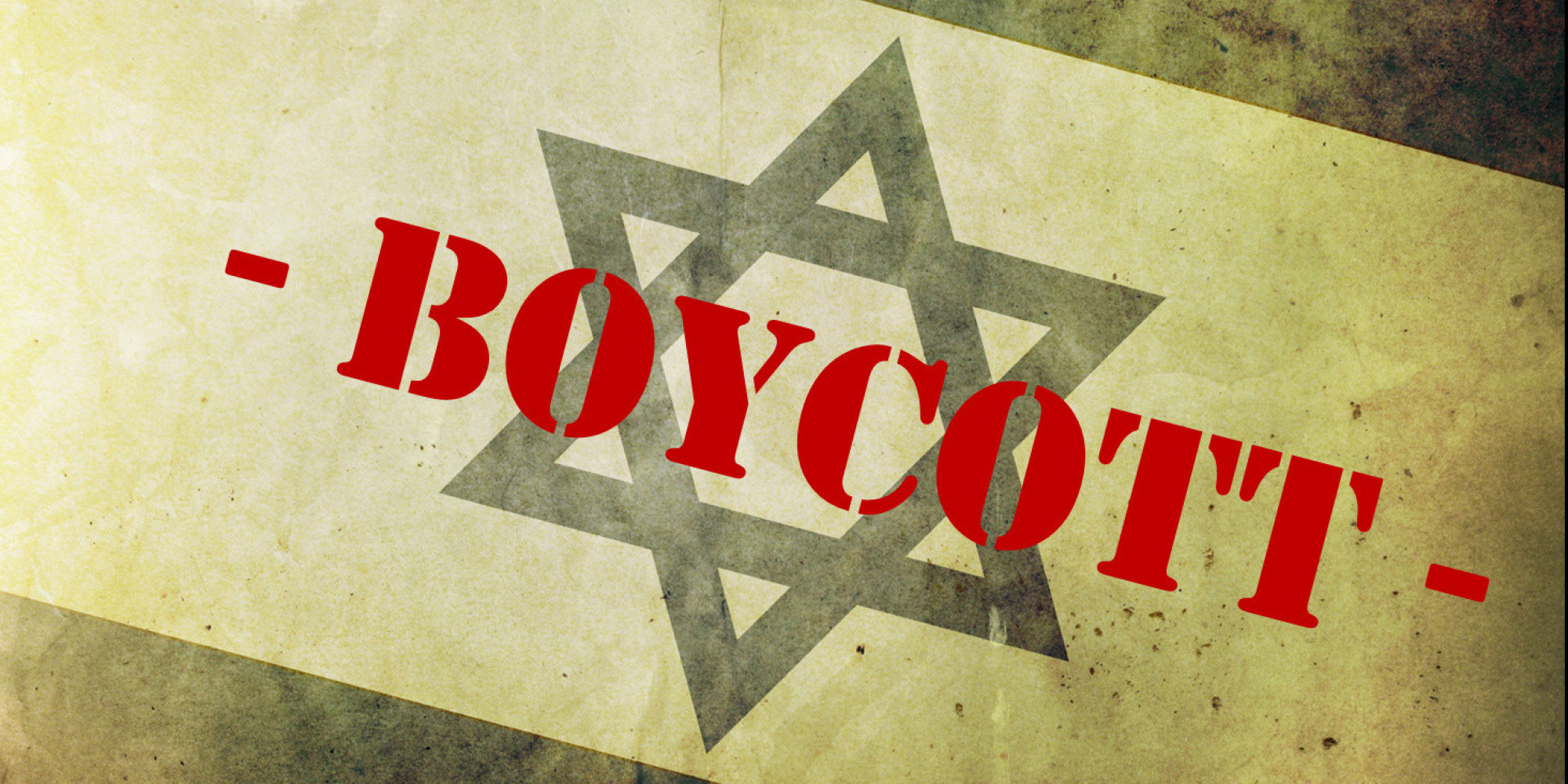Tayyip Erdogan: Our European destiny

Turkey has as much to offer the European Union as the EU has to offer Turkey, says Tayyip Erdogan
Turkey and the European Union need each other. This is because Turkey’s future membership of the EU is a synthesis of the challenges and opportunities facing us at a global level.
Turkey has been a part of Europe for centuries. It has played a vital role in the creation of contemporary Europe and is a member – even a founding member – in almost all European economic, political and defence organizations. Turkey’s EU membership is part of its centuries-long modernization process. Membership in the EU is a rational choice by the Turkish people. Nothing less can be an option for Turkey.
The start of the accession negotiations last October 3 opened a new page in Turkey-EU relations. Indeed, both Turkey and the EU stand to gain from this process and from its finalization when Turkey becomes a member. The EU has already begun to project its capabilities on the international stage through “soft power”. Turkey will be an important asset in making this power more efficient.
Turkey’s European vocation
The fundamentals of Turkey’s European vocation are of a unique nature. Turkey’s accession is neither simply about politics nor just about economics. Turkey’s EU membership is also not so much about history as it is about our common future, a future steeped in European values.
The union, embodying these values, is a political work of art. It is a grand design of peace envisaged in the wake of a devastating world war. It is a testimony to the strength of common objectives in enhancing welfare and consolidating peace.
The EU of the 21st century will have to cultivate all its assets – old and new – and pull together all its known resources as well as untapped potential.
The challenges that the EU will face range from the maintenance and further enhancement of the quality of life of all its citizens to increasing productivity levels and innovation; from projecting a sense of social justice within to extending this beyond its borders.
The most significant challenges still to come are those that the EU will have to respond to as a global player.
Over the years, the EU enlargement process has played a key role in this systemic change. However, European integration now has to evolve beyond the mere mechanics of enlargement into a holistic realm which can be enhanced through the opportunity grasped by the EU with the opening of accession negotiations with Turkey. What exactly is the nature of this opportunity? To put it succinctly, it is of cultural, geographical, economic and political strategic importance all together. Today’s global challenges require an all-inclusive approach, different from the conventional geo-strategic view of international relations. Turkey’s membership of the EU will prove advantageous on all these counts.
East meets west
Turkey’s EU membership will help to bridge the cultural divide between east and west. It will constitute a step in mutually influencing Muslims and Christians positively in their efforts to identify with each other. It will also strengthen the ground for an alliance of civilizations.
By the same token, Turkey would demonstrate that, with a functioning democracy, radical Islamic tendencies cannot be exploited by some as a rhetorical conduit for extremism and violence.
I have been asked, together with José Luis Rodríguez Zapatero, the prime minister of Spain, to co-sponsor a United Nations (UN) initiative for an Alliance of Civilizations. This is a significant undertaking. In fact, Turkey’s very EU accession will constitute an alliance of civilizations under the EU’s own roof.
Turkey as peace-maker
The advantages of Turkey’s membership for the union are closely related to the EU’s own vision of its future. Turkey’s membership of the EU will not only contribute to peace and stability in Europe, but will also help to spread universal values of tolerance and moderation to our region and beyond. This is because Turkey has been a moderating factor from the eastern Mediterranean to the Black Sea, the Middle East, the Balkans, the Caucasus and beyond.
Turkey has also been at the forefront of the political and economic rehabilitation of Iraq. We pioneered the platform for consultations – joined by Iraq, the UN and the EU – among Iraq’s neighbours.
We enjoy the confidence of both Arabs and Israelis, which has put us in a position to work with both sides to contribute in any way we can to resolve their conflict.
East-West Energy Corridor
Turkey forms a natural bridge between the resource-rich countries of the Caspian basin and the Middle East and the world’s energy markets. The discovery of one of the world’s largest petroleum and natural gas reserves on the Caspian rim has further increased our geographic strategic importance.
We are one of the biggest investors in the region, with which we have close historical, cultural and economic ties. However, we are not acting out of commercial interest alone. We also consider that these projects support our neighbours in their social and economic development. It is with these considerations in mind that the East-West Energy Corridor project was developed.
The East-West Energy Corridor will transport Caucasian and Central Asian energy to western markets through safe and alternative routes.
This corridor comprises the Baku-Tbilisi-Ceyhan (BTC) crude oil pipeline, the South Caucasian (Baku-Tbilisi-Erzurum) natural gas pipeline and the Turkmenistan-Turkey-Europe gas pipeline projects. The first Azeri oil from the BTC pipeline should soon be delivered to world markets.
The Baku-Tbilisi-Erzurum pipeline project will transport Azeri natural gas from the Shah Deniz field to Turkey. It will constitute the first leg of the trans-Caspian gas pipeline that will carry Turkmen gas to western markets. Concrete steps have also been taken for the European connection of this network. The Turkish-Greek inter-connector project is turning into the Turkey-Greece-Italy inter-connector.
Efforts are also under way to realize the construction of the Nabucco pipeline project, which will stretch from Turkey to Austria via Bulgaria, Romania and Hungary.
Taking into account the capacities of the BTC pipeline, the Iraqi-Turkish oil pipeline and the Samsun-Ceyhan by-pass pipeline that is under development, some 6% to 7% of global oil will pass through Turkey.
The emergence of China and India as great economic powers may serve to shift global economic might. If the present trends in global economics are taken to their logical conclusions, the long-term considerations for the EU are likely to be a mixture of economics, science and technology, and access to energy sources.
The EU has developed the Lisbon Strategy to raise its productivity. This strategy needs to be bolstered, and Turkey’s membership of the EU will be helpful in this process.
Our population will not reach 90 million for another two decades. Foreign investment in Turkey is expected to increase as we progress towards accession. With this rise in domestic demand for labour, our citizens will be less likely to migrate to western Europe. Indeed, our demographics and economic prospects will be a boon to the EU, with its rapidly ageing population, in the decades to come.
However, our economic contribution to the EU will not be limited to the potential of our dynamic young population, but will derive from our own economic potential as well. During the past several years, we have undertaken a comprehensive process of economic reform and restructuring.
There has been particular emphasis on structural reform. Starting with the financial sector, and with the accelerated privatization process, sweeping reforms including agriculture and social security, as well as the energy and telecommunication sectors. have been successfully carried out. The public sector has been a particular target for reform.
Last year Turkey’s economy grew at 9.9%, which was one of the highest rates in the world. If we maintain even a 6% annual growth rate, our national income will double in the next 12 to 13 years, raising our per capita income to the European average.
Our annual trade volume stands at more than $160 billion, half of which comes from trade with the EU. In 2004, the level of foreign direct investments into Turkey jumped by more than 50% compared with the previous two years.
Privatization
Our privatization programme has proceeded at breakneck speed. Privatized companies include Türk Telekom, the Turkish Electricity Distribution Company, Turkish Airlines, the state tobacco, salt and alcohol enterprises, iron and steel mills, and sugar factories. This process is continuing.
We remain committed as a nation to attaining the highest level of political, economic and social standards. The scope and pace of the reform process that has put Turkey on an irreversible path of progress will continue unabated as we prepare for EU membership. Therefore, it is important for both the EU and Turkey to do everything possible to sustain and make progress on the accession process.
Turkish membership of the EU promises to deliver on many counts that are too important for the EU to forgo given current global trends and threats. We live in an age when we are more and more in need of our common values in order to respond to the myriad opportunities, and also to the challenges that face us all.
The threats we face are no longer limited to our borders. Sadly, they originate in the minds, ways of life, thoughts and beliefs of those who profess to be “other”. Against this background, the accession of Turkey to the EU will be a remarkable project. It will transcend the borders of our continent in its full political, economic, cultural and strategic implications. It will involve an expansion of perspectives and a change of mindsets on many levels. Precisely because all this is a question of shifting paradigms, it is a process all the more significant for our continent.
CV Recep Tayyip Erdogan
Recep Tayyip Erdogan is prime minister of Turkey.




